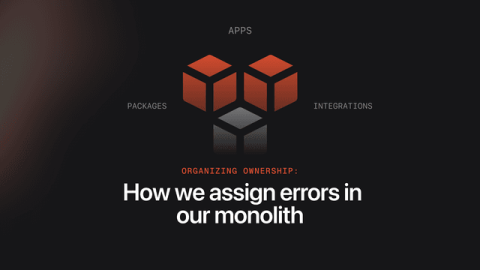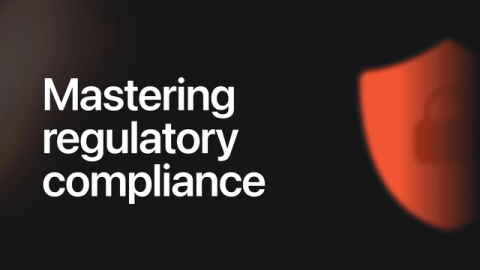Organizing ownership: How we assign errors in our monolith
At incident.io, we run on a monolith. This brings a whole load of benefits that we don’t want to give up any time soon. We don’t have to worry about the speed of internal network requests, complex deployments, or optimizing work that touches multiple services. This blog post isn’t about the relative benefits of monoliths though (but we’ve written more about that here if you are interested)! Ownership in monoliths is tricky.











